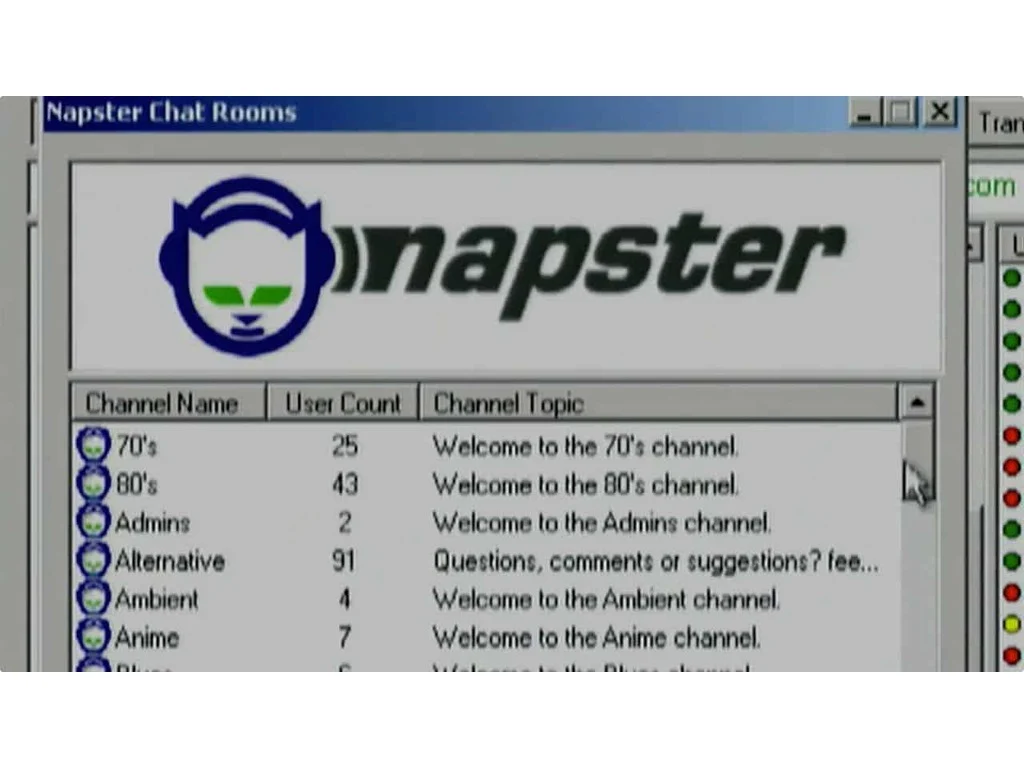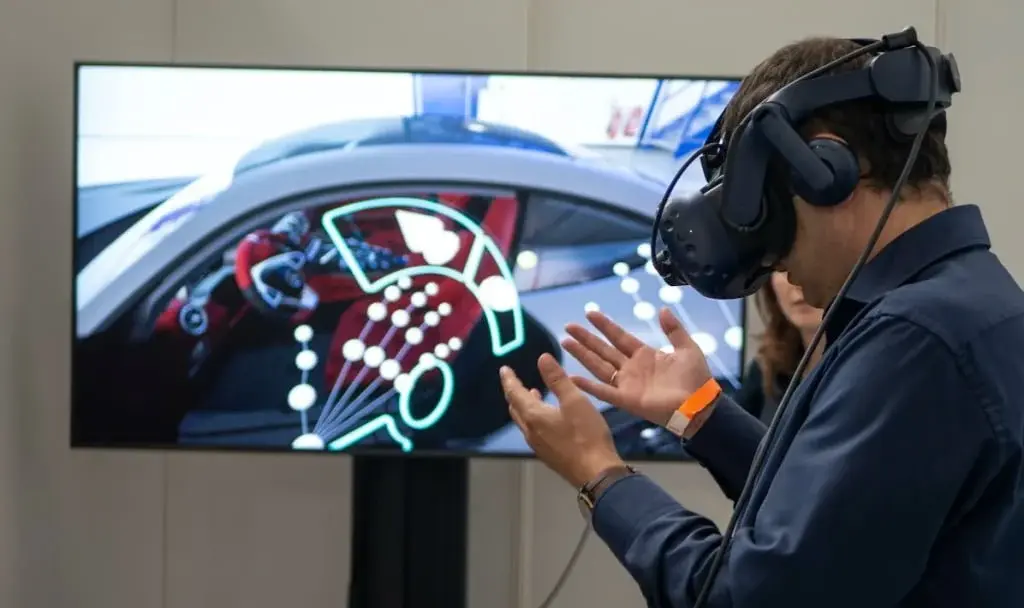Key Takeaways
1. Napster revolutionized music consumption in 1999 through peer-to-peer sharing, changing how people accessed music.
2. The service sparked important discussions in the music industry about digital content sharing, despite its shutdown in 2001 due to legal issues.
3. The Napster brand has been sold to Infinite Reality, which aims to innovate in the streaming space and explore concepts like the metaverse.
4. The new vision for Napster includes creating immersive environments for music communities, connecting artists, influencers, and fans.
5. The reimagined Napster is expected to be a legally compliant platform, contrasting with its original disruptive nature.
In 1999, the landscape of music was quite different from what it is today. People had to pull out their cassette players or get a new Discman to enjoy their favorite tunes. Then came Napster, which completely transformed the way music was consumed. This free service was a pioneer in peer-to-peer music sharing and streaming, long before platforms like iTunes and Spotify became popular.
The Impact on the Music Industry
Although the service was short-lived, shutting down in 2001 due to legal issues, it sparked a much-needed discussion about digital content sharing that music labels were hesitant to have. Napster shook the music industry from its slumber, forcing it to confront the inevitable shift towards digital media.
New Beginnings for Napster
Recently, the Napster brand was sold to Infinite Reality, a tech company that focuses on “Immersive 3D interfaces” and other trendy concepts like AI and the metaverse.
John Acunto, the company’s CEO, shared with CNBC that they aim to leverage the Napster name in the “streaming space” to “create spaces for music.” Napster still holds a significant number of licenses for various music tracks.
A New Vision for the Future
Acunto mentioned that this new iteration of Napster will “disrupt legally” and create “crazy environments that are really only limited by their imaginations.” The goal is to build a shared space in the metaverse where influencers, artists, and fans can form communities around the music they love.
He referred to it as “Clubhouse times a trillion,” suggesting that this incarnation of Napster will be a more controlled entity, ironically restrained by the very corporations it once motivated to “disrupt.”
Source:
Link


